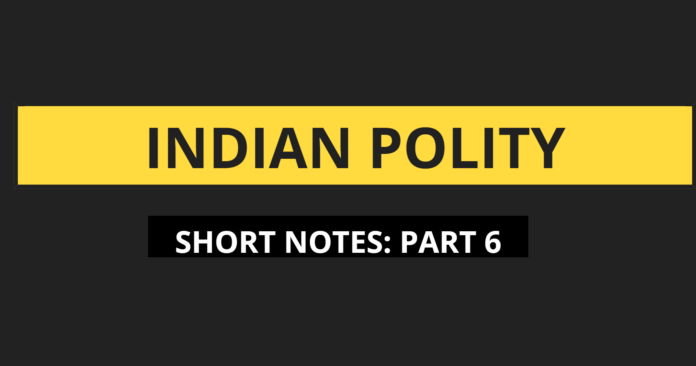AMENDMENTS OF THE CONSTITUTION
Two categories of Amendment under Article 368
- By special majority of Parliament:
- More than 50 percent of total membership of each House.
- Two-thirds majority of members present and voting.
- By special majority of Parliament and consent of half of State Legislature:
- Simple majority.
Provisions Amended:
- Federal structure-related provisions.
Keshavananda Bharati Case (1973)
- Every provision is amendable except the basic structure of the constitution.





